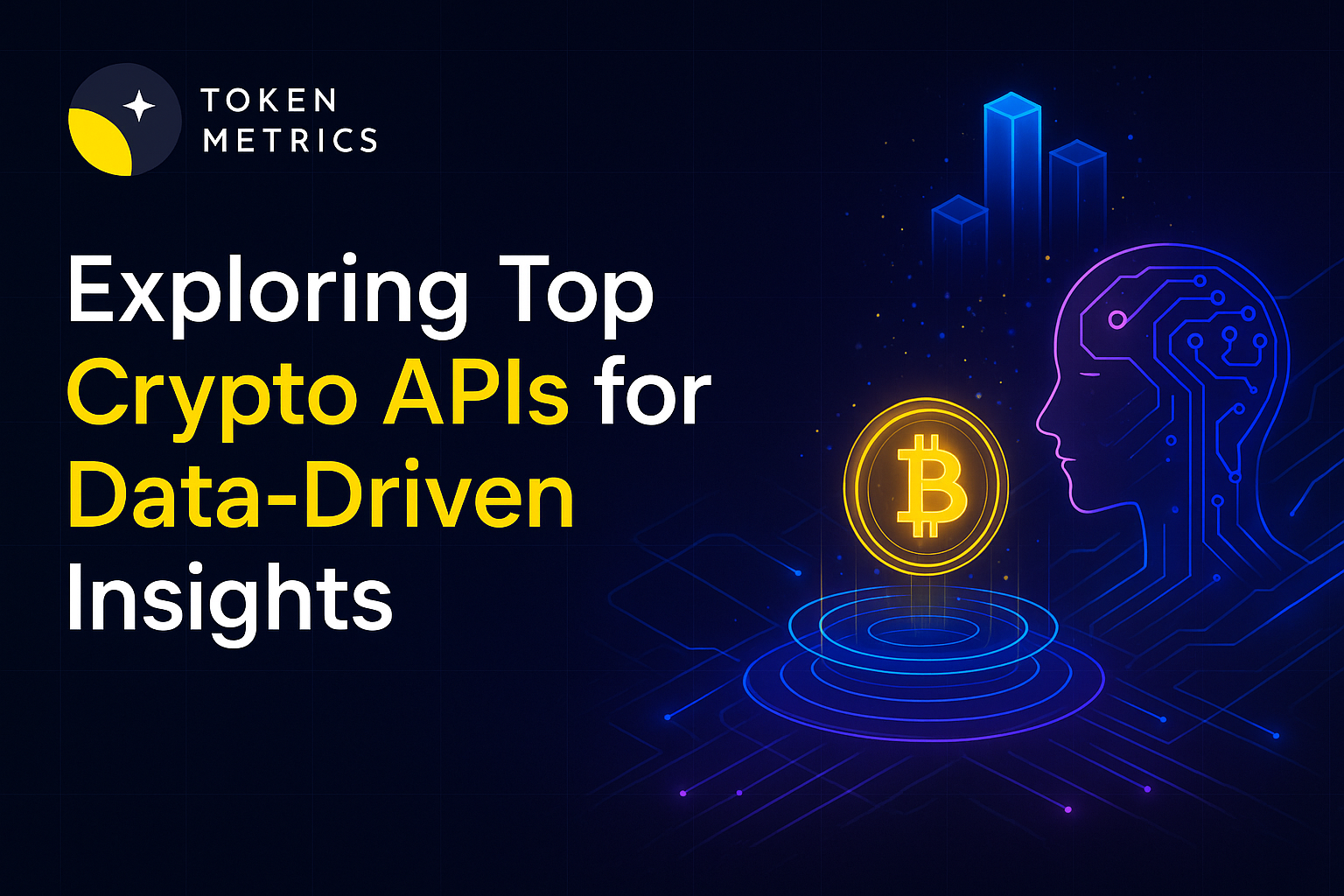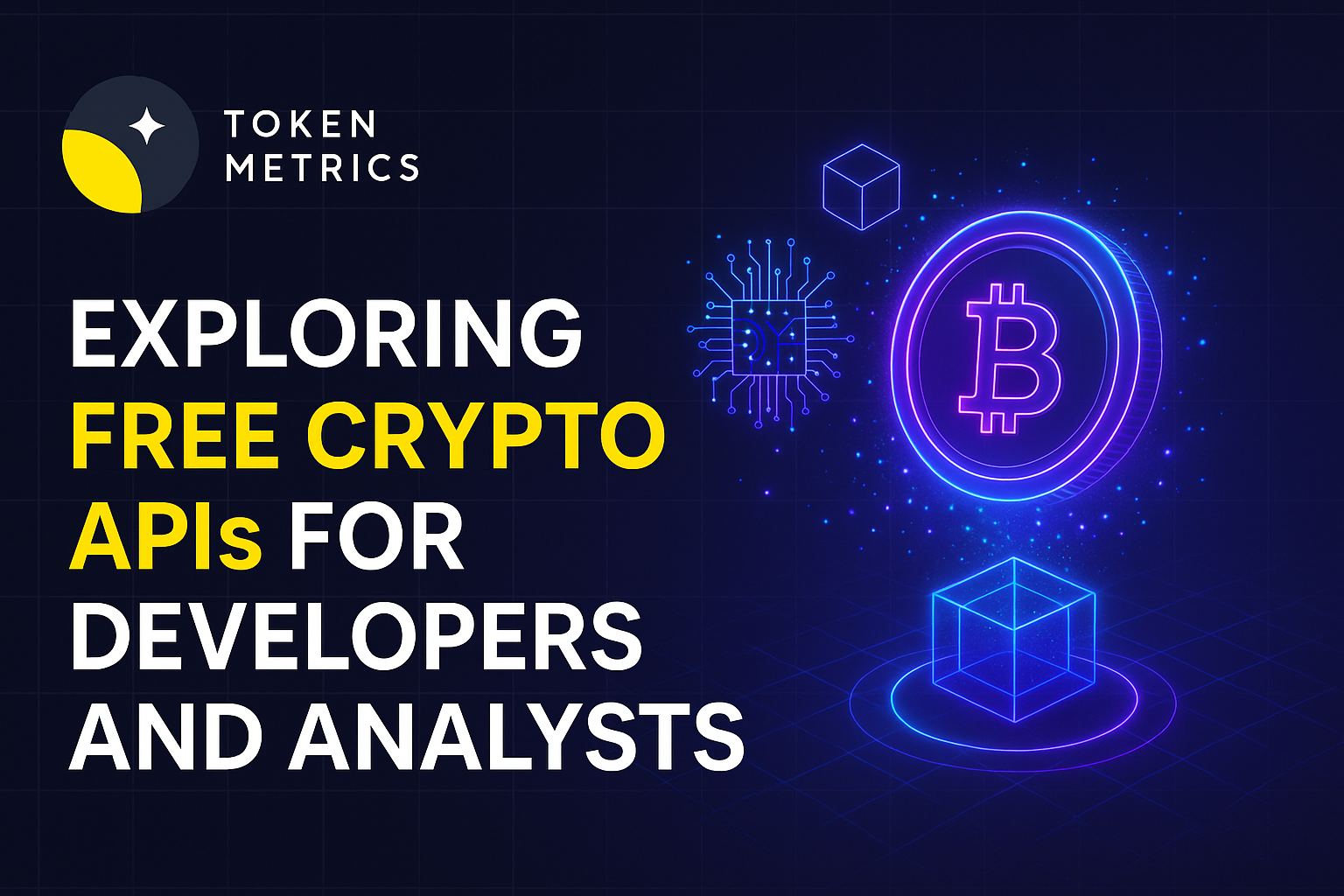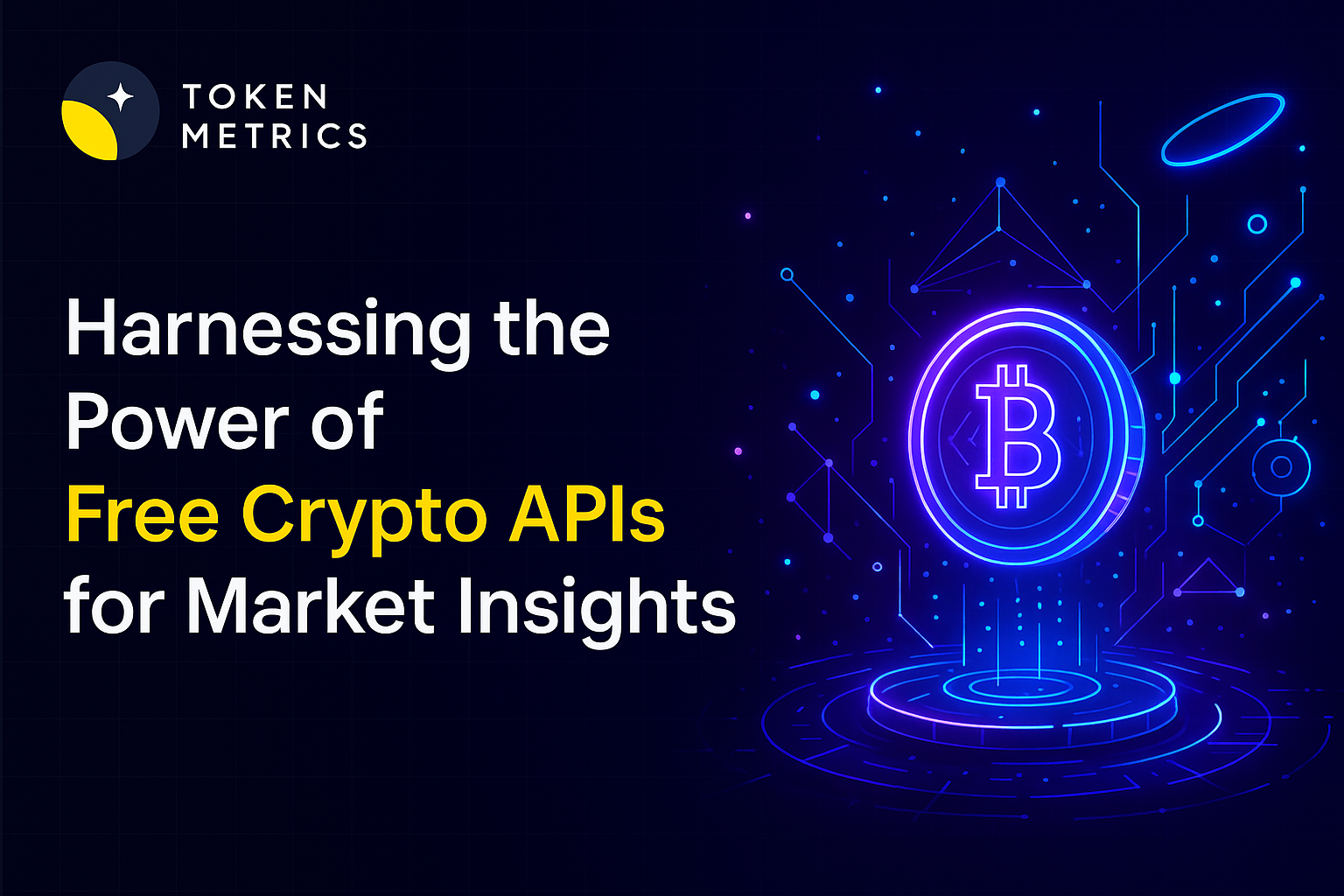Cryptocurrency Taxes - How is Crypto Taxed? Explained

Crypto is a huge industry that covers everything from technology to currencies, and even how it's taxed. First off, you don’t owe taxes on crypto if you’re merely “hodling,” as aficionados would say. But if you’ve gained any income from crypto in a financial year — either from staking, lending, or selling — you may owe taxes on the proceeds.
The IRS treats all cryptocurrencies as capital assets, and that means you owe capital gains taxes when they’re sold at a profit. This is exactly what happens when you sell more traditional securities, like stocks or funds, for a gain.
Let’s say you bought $1,000 in Ethereum and then sold the coins later for $1,600. You’ll need to report that $600 capital gain on your taxes. The taxes you owe depend on the length of time you held your coins.
If you held your ETH for one year or less, the $600 profit would be taxed as a short-term capital gain. Short-term capital gains are taxed the same as regular income — and that means your adjusted gross income (AGI) determines the tax rate you pay.
Federal income tax brackets top out at a rate of 37%. To be in the top bracket for 2023, you would need to make $578,126 or more as a single filer.
In this article, we'll discuss some of the basics of how crypto is taxed. We'll also go through tips for saving tax when dealing with cryptocurrencies.
Crypto Is Taxed in Two Ways
There are two ways to tax crypto: as property and as a commodity.
Property taxes apply when you buy, sell or trade cryptocurrencies. Commodity taxes apply if you use your crypto to pay for goods or services — for example buying things from Amazon with Bitcoin.
How Is Crypto Taxed?
Cryptocurrency is taxed as property. This means that you can claim the fair market value of your cryptocurrency in the year it was acquired and later sold or exchanged for other cryptocurrencies, fiat currency, or goods/services.
Cryptocurrency is not taxed as a currency. The income tax treatment of cryptocurrencies varies depending on whether you're purchasing them through an exchange (such as Coinbase), mining them yourself, or earning them through another activity like freelance work.
If you mine coins yourself, they are considered capital gains and reported on Schedule D with other business assets held at fair market value when sold off at their peak price during 2017-2018; however, if they were mined during 2014-2015 then they would be treated like ordinary income instead since there weren't any real-world uses for this type of digital money yet back then!
Cryptocurrencies may be considered business income under Section 199A(a)(1)(B) which exempts certain trades done by non-corporate entities from taxation but only if those trades meet specific criteria such as being done "for consideration" (defined below). In order for something to qualify under section 199A(a)(1)(B), two conditions must be met: 1) You must have received payment/gains derived from selling goods/services 2) Those gains were derived from selling goods/services that had been produced either domestically located within United States territory OR imported into United States territory AND THEN EXPORTED OUTSIDE OF US TERRITORY.
What Happens if You Don’t Report Cryptocurrency on Taxes?
If you don't report cryptocurrency on taxes, you could face a penalty. This can range from a fine to jail time for tax evasion and other criminal charges, depending on the laws in your country. In addition to facing criminal penalties for failing to report crypto income, there are also some civil penalties that apply if you don't pay back taxes owed from crypto-based income:
- Interest accrued on any unpaid taxes owed by late payment
- Amounts owed in restitution (if applicable)
Tips to Save Tax on Your Crypto Gains
- Keep a record of your crypto transactions.
- Use a crypto tax software to calculate your taxes.
- Invest in tax-advantaged retirement accounts, such as an employer-sponsored 401(k) or traditional IRA. If you don't have enough money saved up from working, consider opening one of these accounts through an online broker like Charles Schwab or Vanguard — and then use it to buy Bitcoin or other cryptocurrencies! You can also set up a self-directed IRA so that you control how the funds are invested and who uses them for expenses like traveling outside the country (taxes will apply).
Like any other investment, the IRS will demand a share of your crypto profits, unless you follow certain tax strategies.
The IRS is aware of cryptocurrency, and it's looking for you. Since the IRS has been auditing cryptocurrency investors and issuing 1099-K forms to individuals who have made taxable gains from their crypto investments, it's clear that they know something about cryptocurrencies.
The IRS has also been targeting exchanges and other businesses involved with cryptocurrency trading or holding cryptocurrencies themselves. If you're an exchange and don't report your income correctly, this could result in hefty penalties from the IRS — and even more serious consequences if you're found guilty of evading taxes altogether!
Conclusion
Crypto is a hot topic, with many people wondering how they should use it and report it on taxes. The IRS says that crypto is taxable as property or capital gains, depending on the type of crypto you own and what you do with it after receiving your profits. You can also report crypto-based income for other tax purposes (such as self-employment), but only if you have documentation to prove when the event occurred and how much income was generated from these transactions (which may be difficult).
Create Your Free Token Metrics Account

.png)




%201.svg)
%201.svg)


%201.svg)










.svg)




.png)